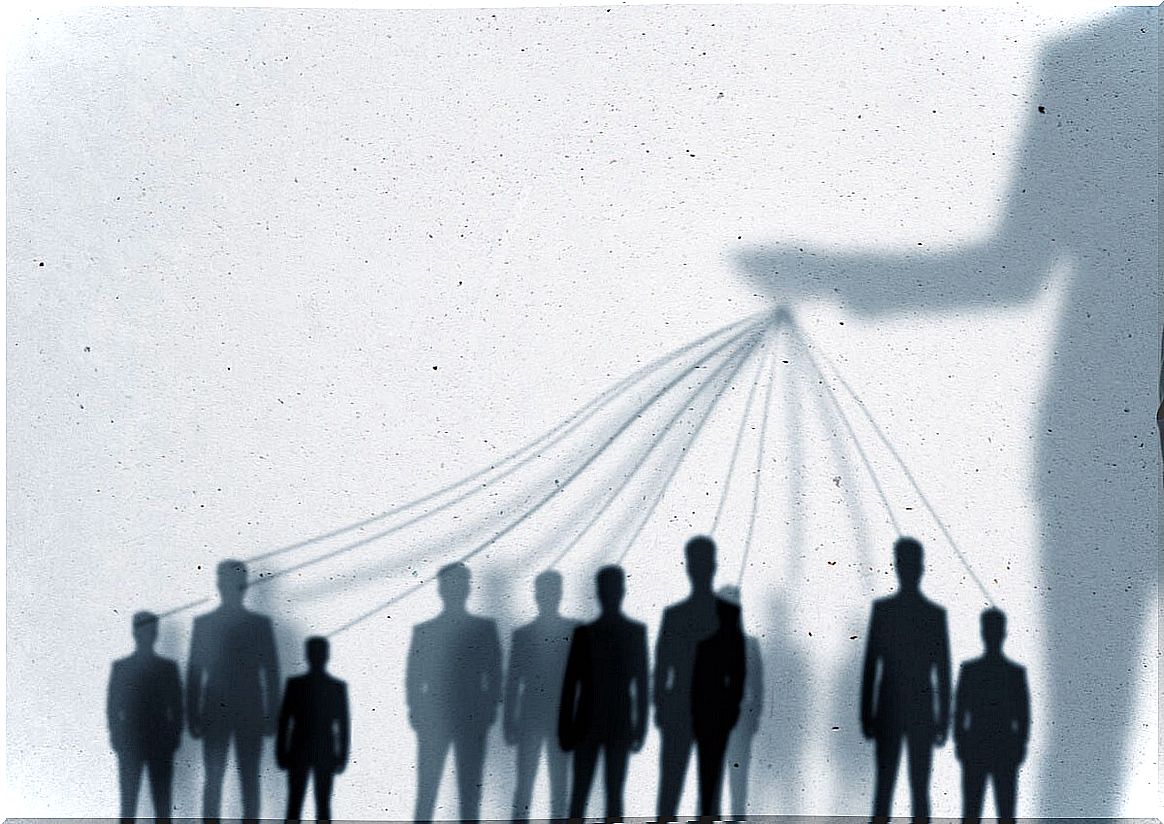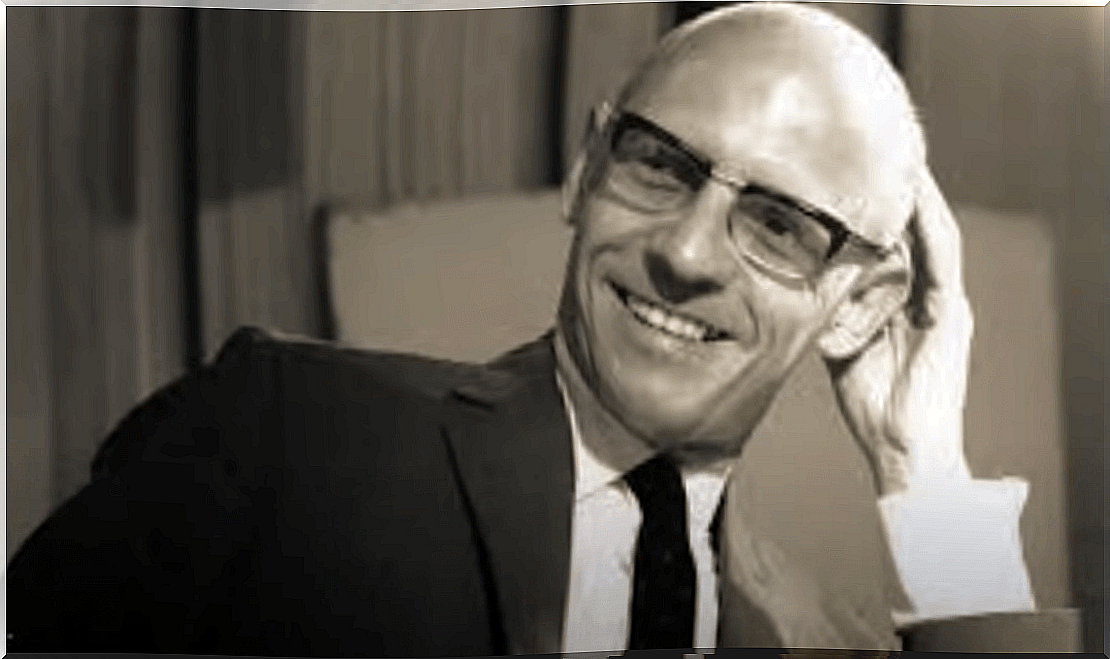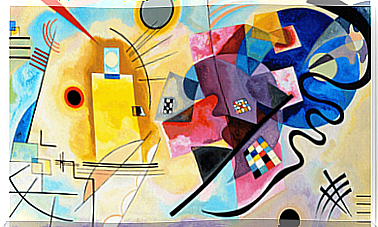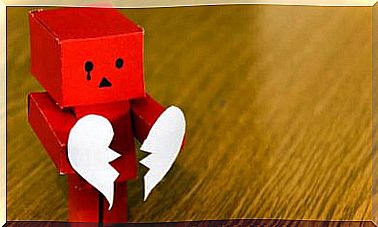What Is Biopolitics?

The biopolitics or government of life is a concept designed by Michel Foucault. It has to do with the deployment of technologies, practices, rationalities and strategies to introduce the logic of power in people’s daily lives.
In Foucault’s view, biopolitics was born because for power it has not been enough to introduce the division of classes, private property and the exploitation of so-called human resources. It was necessary for the exploited to accept these rules of the game and apply them voluntarily.
Biopolitics is a factor that is installed in people’s consciences and leads them to accept power effectively, meekly and, in fact, feeling happy to do so. To achieve this there are a series of practices that are exercised on the individual, even before birth, and that subtly lead to incorporate certain values and logic in life.

Biopolitics and the technologies of power
Biopolitics is implemented through a series of power technologies that seek to establish control over people. Some of the tools that it uses, in the case of capitalism, are statistics, psychology, sociology, etc.
From the moment a person is born, and even before that happens, it becomes part of a control register implemented from power. He has not breathed yet and it is already necessary to notify that birth to an institution, which is responsible for registering it and assigning it a number.
It is also born within a medical institution that determines what is “normal” and what is not. The medical institution examines, applies a series of procedures on the baby and classifies it within a logic. That will go on forever.
It wasn’t always like this
Things were not always like this. In another time, all these events belonged to the realm of private life. At present, all this ritual supposes the possibility of entering within the scope of a power and receiving the rights or benefits derived from it, although in many places these benefits or rights do not exist, or are not materialized.
Throughout life it remains that way. Crucial events, such as reaching a certain age, getting married, divorced, etc., continue to be recorded through some public instrument. What is this for?
Basically it serves the power to keep a watch on the lives of individuals. To these, it hardly serves to comply with rules established in the law, which will be required by society to access school, do paperwork, etc. However, in essence, individually, they are basically useless.
The rules
The vehicle through which biopolitics is made effective are the norms. In this regard, Foucault makes a differentiation between the norm and the law, as is obvious. The law governs social life, while the norm deals with individual life.
The norms not only determine the form of social behavior in what has to do with respecting space or the rights of others. There are also rules for feeling, for dancing, even for kissing or making love. There are a whole series of codes that tell you what is right and what is wrong in each of these areas.
The great success of power lies, says Foucault, in that the technologies of power lead us to try by all means to conform to those norms, without questioning whether it is right for us to do so or not. Furthermore, there is the promise that everyone will become happy if they can follow these guidelines.

And freedom?
The great success of biopolitics is that power achieves everything it wants in a very subtle way. The state does not say directly how you have to make love; uses advertising or uses brochures written by the ministry, thus we have the dichotomies of “good / bad” or “normal / abnormal”. For that there are also the parents and the schools that have to follow very clear dictates. All the time they operate on behavior, thoughts, affections, etc.
What emerges from all this, from the perspective of biopolitics, is a subject who feels free, even if he is not. In fact, power itself creates mechanisms to manage rebellion. There are soccer championships, or video games, or high-risk activities to give you a margin of transgression.
For Foucault, critical thinking embodies the only form of resistance to that overwhelming power. The question of why and the conception of new ways of doing, feeling, thinking, etc., are ways of limiting or reducing the action of biopolitics.









